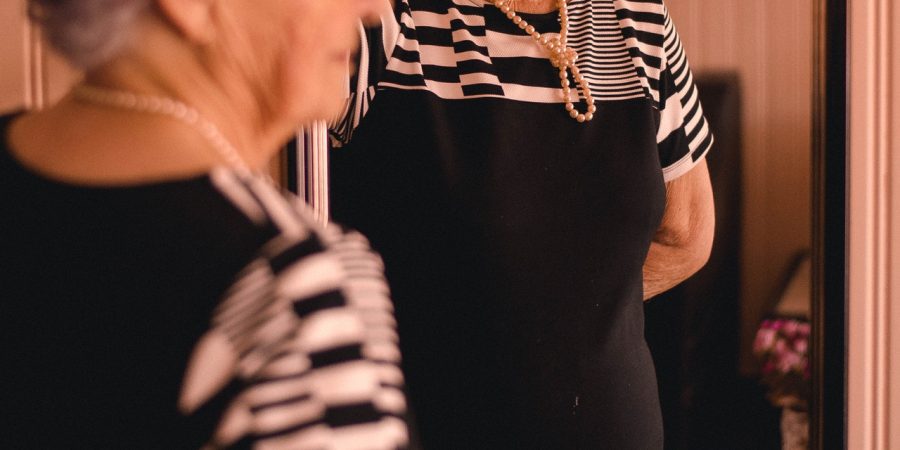Nighttime can be an especially challenging time for a resident in your care home who has mobility issues. They must carry out the process of getting ready for bed, which includes washing, changing, and toileting, and may be concerned about having to get up in the middle of the night.
As a result, in order to best assist its patients and carers, your care facility must have the appropriate bedroom aids in place. Having the correct aids decreases risk and stress while also improving the quality of life for people.
But what are the greatest bedroom aids that a care facility should use? The three key categories are listed below, along with how they can best assist residents.
Profiling beds & mattresses
High-quality profile beds provide long-term aid to persons with restricted mobility, the elderly, and the disabled by providing a comfortable environment in which to relax, sleep well, and stay healthy.
A profiling bed is a height-adjustable bed that allows caregivers to easily raise the head or foot. When sitting upright in bed to undertake activities such as socialising or eating, raising the head provides support. Raising the foot can aid in blood circulation, cleaning, and twisting for optimum pressure management.
Profiling care beds are intended for use in nursing homes, the broader nursing care industry, and private homes. They are typically available in pairs, as singles, and with or without mattresses, and come in two types: manual and electric.
Special pressure mattresses are frequently used by those who utilise profiling beds. Pressure mattresses are often built of high-quality foam for use with individuals who are at high risk of developing pressure ulcers or who have an existing pressure ulcer. To prevent shear and friction, the mattress delivers excellent, evenly distributed pressure and support.
Bedroom aids
Bed aids are specialised equipment that makes bedtime easier for individuals who require more assistance. Some aids act within the bed to improve comfort, while others work on or near the bed to make it easier for the user to move around the room. All of them are intended to lower danger, reduce stress, and provide a restful night’s sleep.
Bed aids are necessary for persons who are confined to bed for long periods of time, have a disability, or suffer from age-related health problems to gain confidence and independence in the bedroom.
Profiling beds and mattress elevators that can incline to a sitting position, T-Rolls and leg positioning aids for proper leg placement in bed, and bed fleeces for warmth, comfort, and pressure reduction are some of the goods available.
Wireless nurse call devices, including alert mats for the floor and chairs, and nurse call buttons, are also available as bedroom aids. All call systems are intended to reassure users that assistance is always available.
Hoists and stand aids
Choosing the right stand assist or hoist for moving and handling can make a big difference in the person you’re caring for’s safety, comfort, and quality of life. When moving the person in your care from one location to another, the correct mobility aids allow for simple movement with minimal suffering and risk of damage.
Transferring poles that safely assist the user in sitting upright in bed and transfer belts that assist the caregiver in lifting a person to and from their bed are examples of hoists and stand aids for care facilities. These items assist in reducing the stress and strains of everyday mobility while also considerably improving the quality of care provided to individuals who receive it.
Many bedroom aids can help caretakers assist the residents they care for, so using the categories above as a reference, you can limit down the types of equipment that will be most beneficial to you and them.
Visit Wippet, the UK’s healthcare marketplace, while looking for a new bedroom assistance. Wippet carries all of the leading care brands in one convenient location, allowing you to buy exactly what you need to effectively assist those in your care.









